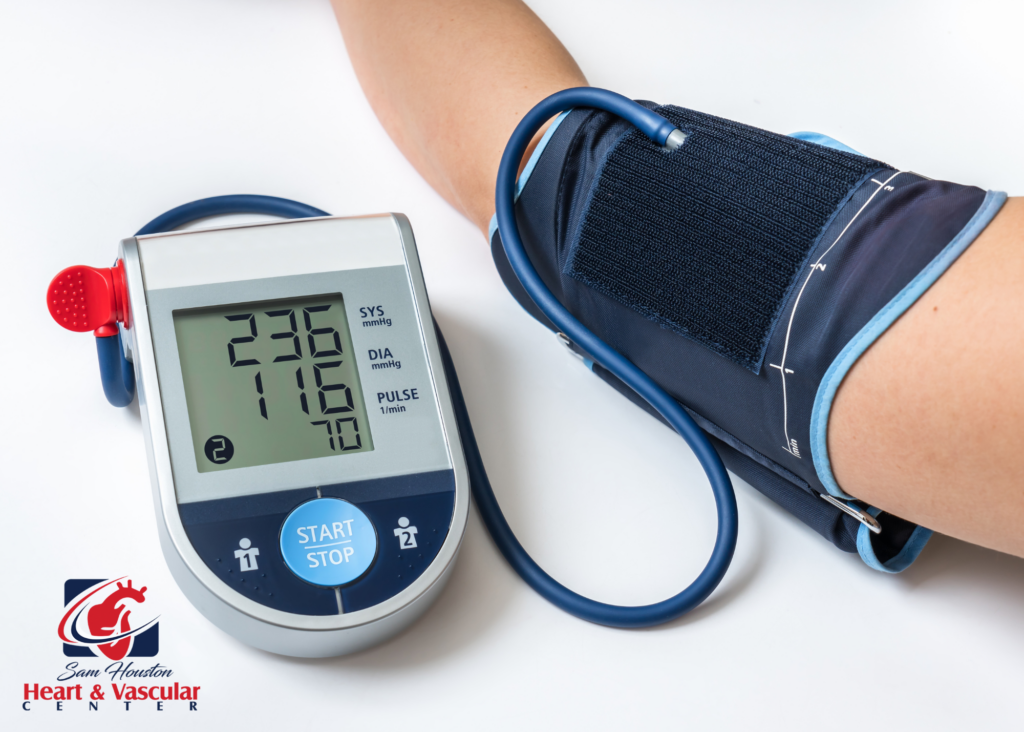
The Role of Technology in Monitoring Heart Health at Home
Advancements in technology have transformed nearly every aspect of our lives, and healthcare is no exception. When it comes to heart health, the rise of innovative home monitoring solutions has empowered individuals to keep a close eye on their cardiovascular well-being. Whether you’re managing a pre-existing condition or aiming to stay proactive, technology is making it easier than ever to monitor your heart health from the comfort of home.
The Technology Revolution in Heart Health Monitoring
Home-based heart monitoring devices aim to provide continuous, accurate, and easily accessible data about your heart’s functions. From portable electrocardiogram (ECG) monitors to fitness trackers with built-in heart rate sensors, these tools make it possible to detect potential issues early and share important data with your healthcare provider seamlessly.
Here are some of the most popular heart monitoring technologies available today.
1. Wearable Devices
Wearable technologies like fitness trackers and smartwatches have grown increasingly sophisticated in tracking heart health. Devices such as the Apple Watch, Fitbit Sense, and Withings ScanWatch come equipped with features like continuous heart rate tracking and ECG assessments.
Features of Wearable Devices:
- Heart rate monitoring: Provides real-time heart rate data during various activities, such as rest or exercise.
- ECG capability: Detects irregular heart rhythms, such as atrial fibrillation (AFib), which may otherwise go unnoticed.
- Sleep tracking: Monitors sleep patterns to reveal how they affect overall heart health.
2. ECG Monitors
Portable ECG monitors like AliveCor’s KardiaMobile allow users to perform detailed heart readings at home. Devices like these are FDA-approved and can detect arrhythmias such as bradycardia (slow heart rate), tachycardia (fast heart rate), and AFib.
These devices are particularly useful for individuals already diagnosed with cardiovascular conditions, as they offer the ability to capture data during specific symptoms and share it with providers for evaluation.
3. Smartphone Apps and Connected Tools
Smartphone apps paired with wearable devices or standalone software solutions have made heart health monitoring even more accessible. For instance, some fitness apps use your phone’s camera to measure your pulse by detecting blood flow changes in your fingertip.
Connected tools integrate with apps to provide a complete snapshot of your health, including blood pressure, oxygen saturation, and exercise levels. Enhanced by artificial intelligence, such tools can alert users and even healthcare providers of concerning trends in real-time.
4. Continuous Remote Monitoring Systems
For patients with more advanced needs, continuous cardiac monitoring options such as Zio by iRhythm or BodyGuardian MINI Plus offer comprehensive insights. These systems continuously gather data, which is reviewed by healthcare professionals to identify trends and take timely preventive measures.
Benefits of Remote Heart Health Monitoring
Early Detection of Health Issues
Remote heart monitoring allows for early detection of irregularities, giving you and your healthcare provider time to address problems before they escalate. For example, an ECG monitor can identify an episode of AFib early, preventing potential complications such as strokes.
Improved Patient Engagement
According to the Cleveland Clinic, one of the greatest advantages of wearable heart monitors is that they engage patients more actively in their health. By providing continuous data, these devices encourage lifestyle changes like better diet habits, regular exercise, and stress reduction.
Convenience and Accessibility
With tools available that range from budget-friendly smartphone-based solutions to advanced systems designed for medical use, technology ensures that users of all ages and backgrounds can track their heart health without frequent visits to a clinic.
Enhanced Communication with Providers
Many devices have corresponding apps or platforms that enable the seamless sharing of data with healthcare providers. This allows doctors to adjust treatment plans or recommend further testing based on the trends found in your daily metrics.
Cost-Effectiveness and Preventive Care
The Health Recovery Solutions platform highlights that remote monitoring reduces healthcare costs by minimizing emergency room visits and hospital admissions. Preventive care, guided by real-time monitoring trends, lowers financial and emotional stress.
Taking Control of Your Heart Health
While technology provides the tools, it’s important to stay proactive in how you use them. Simply owning a fitness tracker or home ECG monitor won’t improve your heart health unless you act on the data gathered. Build healthy habits, consult healthcare providers as needed, and take advantage of the device features to their fullest extent.
When to Seek Medical Advice
It’s essential to know when device readings warrant professional intervention. For example, if you notice extremely high or low heart rates, persistent arrhythmias, or symptoms such as chest pain and dizziness, you should seek immediate medical help.
Partner with Sam Houston Heart and Vascular
Whether you are managing a chronic heart condition or looking to better understand your cardiovascular health, Sam Houston Heart and Vascular offers cutting-edge diagnostic and treatment solutions tailored to your needs.
Schedule an appointment today at www.samhoustonheart.com or call 832-241-2001. Take the next step toward proactive and informed heart health with our team of top cardiologists!
By integrating these heart health advancements into your life, you’ll be empowered to make informed decisions and maintain a healthier, happier future. Technology, combined with expert care, is paving the way for healthier hearts in every home.

